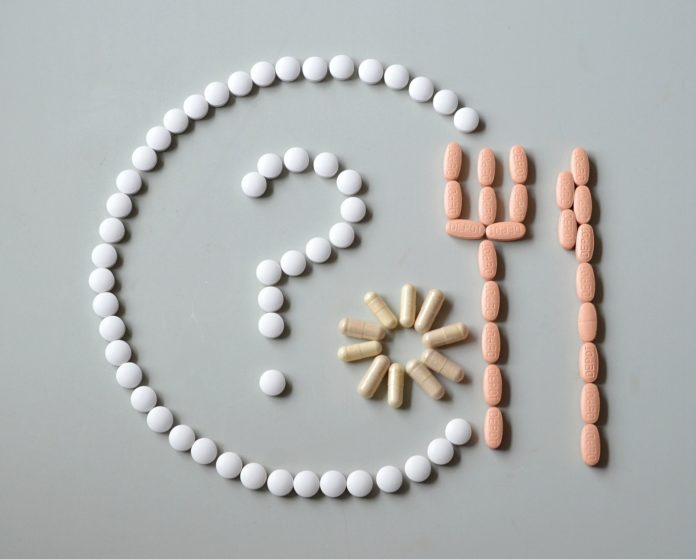New study says a single pill with two drugs could transform blood pressure control
A single pill with two drugs could transform blood pressure treatment.
The 2018 European Society of Cardiology (ESC) and European Society of Hypertension (ESH) Guidelines on arterial hypertension published in the European Heart Journal have affirmed the importance of a two drug pill.
The guidelines recommend starting most patients on two blood pressure lowering drugs, not one. The previous recommendation was for step-wise treatment, which meant starting with one drug then adding a second and third if needed.
This suffered from “physician inertia”, in which doctors were reluctant to change the initial strategy despite its lack of success. At least 80% of patients should have been upgraded to two drugs, yet most remained on one drug.
A recent study suggests the prevalence of hypertension in India could be up to 25% in the urban population and 10% in the rural population
It is now recognised that a major reason for poor rates of blood pressure control is that patients do not take their pills. Non-adherence increases with the number of pills, so administering the two drugs (or three if needed) in a single tablet “could transform blood pressure control rates”, state the guidelines.
Professor Bryan Williams, ESC Chairperson of the Guidelines Task Force, University College London, UK, said: “The vast majority of patients with high blood pressure should start treatment with two drugs as a single pill. These pills are already available and should massively improve the success of treatment, with corresponding reductions in strokes, heart disease, and early deaths.”
More than one billion people have hypertension (high blood pressure) worldwide. Around 30-45% of adults are affected, rising to more than 60% of people over 60 years of age. A recent study suggests the prevalence of hypertension in India could be up to 25% in the urban population and 10% in the rural population.
High blood pressure is the leading global cause of premature death, accounting for almost ten million deaths in 2015, of which 4.9 million were due to ischaemic heart disease and 3.5 million were due to stroke. High blood pressure is also a major risk factor for heart failure, atrial fibrillation, chronic kidney disease, peripheral artery disease, and cognitive decline.
High blood pressure does not usually cause symptoms. However, people with very high blood pressure may have headaches, blurred or double vision, regular nosebleeds, difficulty breathing, chest pain, irregular heartbeat, blood in the urine, confusion, or pounding in the chest, neck, or ears. See your doctor if you have any of these symptoms.


